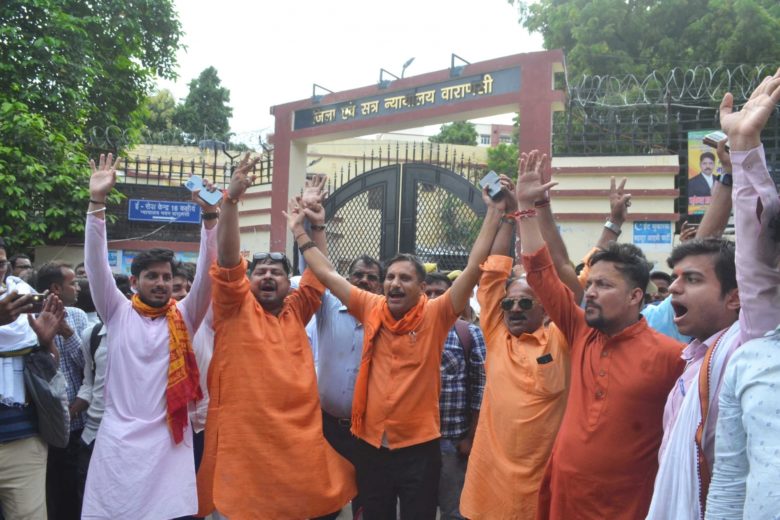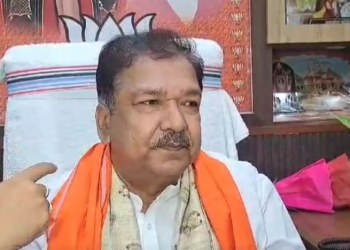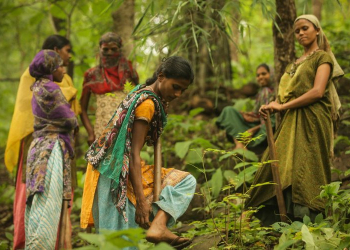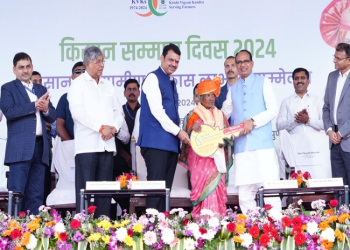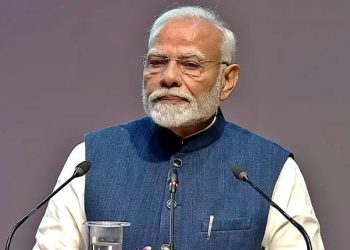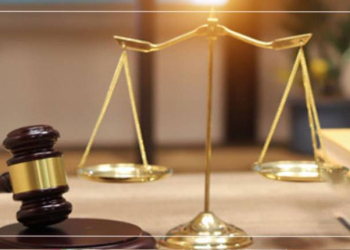New Delhi: The Hindu devotees seeking the right to worship at the Gyanvapi mosque have won the first hurdle of what appears to be a long-drawn legal dispute.
Earlier this week, the Varanasi district court had declined to entertain the objections raised by Muslim side to the maintainability of a suit filed by five Hindu devotees. It ruled that the suit is not prohibited by the Places of Worship (Special Provisions) Act, 1991, which freezes the places of worship status as it existed on August 15, 1947.
The Act also bars suits, which seek to change the character of places of worship.
The next level of litigation will focus on the merits, where the court will examine the evidence brought on record by the plaintiffs.
The case has also reopened, what was assumed to be a closed issue, a contestation on the religious character of places of worship, after the apex court verdict in Ayodhya title dispute in November 2019.
The district court ruling will allow the hearing on the suit, which is also in consonance with law.
The Opposition has apparently observed a political silence over the Varanasi court’s ruling, which speaks volumes about the sensitivity involved in the matter. The plaintiffs’ arguments will assume significance against the backdrop that on September 9, the Centre undertook before the Supreme Court that it will respond within two weeks on petitions challenging the validity of certain provisions of the Places of Worship (Special Provisions) Act, 1991.
The Chief Justice of India specifically asked Solicitor General Tushar Mehta, representing the Centre, whether the Central government will file its response in the matter or not. Mehta replied that the government will file its response.
The Supreme Court’s decision to hear petitions against the Act, along with legal proceedings in progress in Varanasi and Mathura courts, will seemingly have an impact on the political and electoral landscape against the backdrop of the general election scheduled in 2024.
In the Gyanvapi mosque matter, the plaintiffs have contended that the place had the status of Hindu temple ever since, and they are just demanding the right to worship deities on the complex.
In May this year, the Supreme Court had orally observed that the ascertainment of the religious character of a place of worship is not barred by the Places of Worship Act, 1991. A bench headed by Justice D.Y. Chandrachud and comprising Justices Surya Kant and P S Narasimha said: “Ascertainment of religious character is not barred under Section 3 (of the Places of Worship Act,1991).”
The Hindu side, in the Varanasi district court, had argued that it is important to determine the religious nature of the place and their suit is not barred by the 1991 law.
The district court had said that records produced by the Anjuman Intezamia Masjid Committee (AIMC) were not sufficient to establish that the complex was Waqf property.
In the Ayodhya verdict, the apex court had said the Places of Worship Act is intrinsically related to the obligations of a secular state and it reflects the commitment of India to the equality of all religions.
“Above all, the Places of Worship Act is an affirmation of the solemn duty which was cast upon the State to preserve and protect the equality of all faiths as an essential constitutional value, a norm which has the status of being a basic feature of the Constitution. There is a purpose underlying the enactment of the Places of Worship Act. The law speaks to our history and to the future of the nationm” it said.
The Varanasi court said the plaintiff’s suit is limited and confined to the right of worship as a civil right, fundamental right and also as customary and religious right.
The AIMC had made it clear that it will challenge the Varanasi district court’s verdict in the Allahabad High Court.
However, the question which arises is whether the courts in Varanasi and Mathura were moving in contrary direction to the apex court’s verdict.
Whether the Varanasi district court’s ruling has given enough ammunition to target the 1991 law? Could these religious disputes contribute to the vitiation of peace and harmony?
Therefore, the top court hearing on petitions challenging the 1991 law along with proceedings in Varanasi and Mathura courts assumes significance, which could play a crucial role in the political and electoral discourse.
(IANS)



